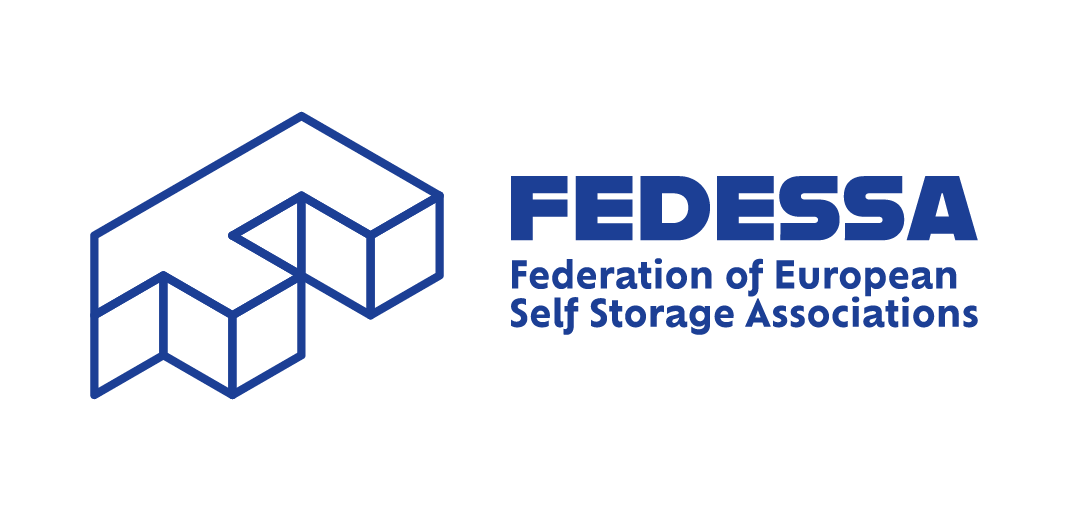Not all self storage businesses are the same and you need to ensure the provider you choose meets your needs. Here are 10 things to consider when deciding who to store your goods with:
1. Meets the European Standard – FEDESSA Member
There is a European Standard for self storage that specifies minimum conditions for security and customer protection to be met. All FEDESSA members must also meet standards to unit size. Some providers will talk in cubic metres, rather than square metres. You need to consider the ceiling height when measuring in cubic metres.
This is particularly important for units with high ceiling heights where you may not use this space. You also need to consider if you plan on taking goods out of your unit regularly, as it may be tempting to take a smaller unit and pack it solid. This however makes getting your stuff out later much more difficult.
2. Your room, your key
Self storage is all about having a room away from home for you to store your goods. Only you should have access to your storage room and unless you have granted them the right, the business owner should not be able to access your unit. Your goods should not be stored in a common space along with other customers’ goods.
3. Adequate ventilation
Your self storage room should have adequate ventilation to prevent the build-up of odours, moisture and mould. The unit should not smell stuffy or stale and should have the ability for fresh air to circulate throughout the room.
4. Security
Your goods should be stored in a secure environment. As a minimum there should be CCTV on all entry and exit points as well as controlled access to the building. Many stores also have additional security such as individually alarmed units and number plate recognition.
5. A legally binding contract
Self storage in Europe is a self-regulated industry so you need to ensure there is a comprehensive contract between you and your self storage provider. This ensures you maintain your rights in terms of access to your goods and, in particular, what happens to your goods if you fail to pay your storage bill.
6. Insurance
If your goods are worth storing then they are worth insuring. Your self storage provider should be able to offer you insurance for your goods or direct you to a third party to facilitate such. They should also have suitable insurance that covers them in the case they are found to be liable for damage to your goods.
7. Access
Your storage room should be easy to access, particularly if you are going to be using it regularly. There should be appropriate loading and unloading areas, ideally protected from the weather. Upper levels should have lift access rather than stairs. Most stores will also provide trolleys and other equipment to help you move your goods into storage.
8. Access hours
Different self storage businesses have different access hours. Not everyone provides 24/7 access to your goods, some will restrict access during the evening or on weekends. If you need late night access then make sure this is available before signing your contract.
9. Unit size
Self storage is all about flexibility; most businesses will have a wide range of unit sizes, with different pricing. Make sure that your provider meets you on site to explain the contract and walk you through the security systems. A permanently staffed store adds extra security with the site manager able to monitor the store.
10. The staff
The self storage site should be staffed, or at least have someone maintain their membership. So the best way to check if your self storage provider meets the European Standard is to make sure they are a FEDESSA member.
